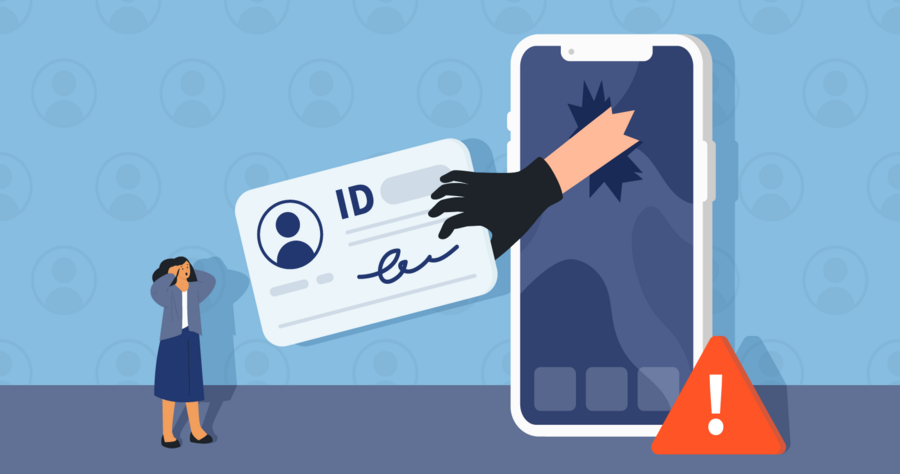
In an age where our personal information is increasingly digitized and interconnected, the threat of identity theft looms larger than ever before. One of the most devastating forms of identity theft is when someone gains access to your credit information, potentially wreaking havoc on your financial stability and future. However, there are proactive steps you can take to protect yourself from falling victim to this insidious crime. In this blog post, we’ll explore some essential tips and tools to safeguard your credit and financial well-being.
- Monitor Your Credit Regularly: Knowledge is power when it comes to protecting your credit. Make it a habit to regularly monitor your credit reports from all three major credit bureaus – Equifax, Experian, and TransUnion. You’re entitled to one free credit report from each bureau annually, which you can obtain through AnnualCreditReport.com. Review these reports carefully for any suspicious activity, such as unfamiliar accounts or inquiries.
- Enroll in Credit Monitoring Services: Consider enrolling in a credit monitoring service that provides real-time alerts for any significant changes to your credit report. These services can alert you to potential signs of identity theft, such as new accounts opened in your name or sudden drops in your credit score. While some services charge a fee, the peace of mind they offer may be well worth the investment.
- Use Strong, Unique Passwords: Strengthen the security of your online accounts by using strong, unique passwords for each account. Avoid using easily guessable information such as your name, birthdate, or sequential numbers. Instead, opt for complex passwords containing a mix of letters, numbers, and special characters. Consider using a reputable password manager to securely store and generate passwords for all your accounts.
- Be Wary of Phishing Attempts: Phishing remains one of the most common tactics used by identity thieves to steal sensitive information. Be cautious of unsolicited emails, texts, or phone calls requesting personal or financial information. Legitimate organizations will never ask you to provide sensitive information via email or text. When in doubt, contact the company directly using contact information from their official website.
- Secure Your Devices and Networks: Protect your digital devices and home network from unauthorized access by keeping your software up to date and using reputable security software. Enable two-factor authentication whenever possible to add an extra layer of security to your online accounts. Be cautious when connecting to public Wi-Fi networks, as they may be less secure and more susceptible to interception by hackers.
- Shred Sensitive Documents: Dispose of sensitive documents such as bank statements, credit card offers, and receipts by shredding them before throwing them away. Dumpster diving is still a common method used by identity thieves to obtain personal information, so don’t make it easy for them to access your discarded documents.
- Freeze Your Credit: If you’re not planning to apply for new credit in the near future, consider placing a freeze on your credit reports. A credit freeze restricts access to your credit report, making it more difficult for identity thieves to open new accounts in your name. Keep in mind that you’ll need to temporarily lift the freeze if you do need to apply for credit.
- Educate Yourself: Stay informed about the latest trends and techniques used by identity thieves to target individuals. Familiarize yourself with common scams and tactics so that you can recognize and avoid them. Share this knowledge with your friends and family to help protect them from falling victim to identity theft as well.
Protecting your credit from identity theft requires diligence and awareness. By implementing these tips and utilizing available tools, you can reduce the risk of becoming a victim and safeguard your financial future. Remember, an ounce of prevention is worth a pound of cure when it comes to protecting your credit and peace of mind. Stay vigilant, stay informed, and stay safe.
